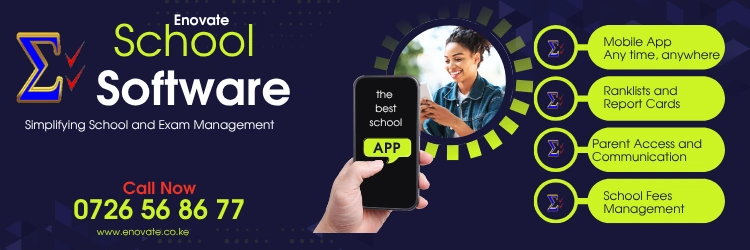- Grade 4 Exam papers complete with marking schemes.
- Opener, Mid Term and End Term 2025 plus topical questions.
- Downloadable PDFs and Word documents for flexible editing.
Grade Five is a significant year where students (aged 10–11) deepen their knowledge across subjects and begin to develop more abstract thinking skills. Crafting exams for this grade requires careful planning to reflect both their cognitive growth and the curriculum’s increasing complexity.
Grade 5 Exams Require Curriculum Design
Grade Five students explore advanced concepts and new topics. Key areas include:
- English: Composition writing, advanced grammar, comprehension passages, and vocabulary.
- Mathematics: Decimals, fractions, percentages, measurement, and basic algebra.
- Science: Investigations into forces, matter, and basic scientific principles.
- Social Studies: Early civilizations, environmental conservation, and national development.
- Agriculture
- Kiswahili
Review the syllabus to ensure your questions cover the essential topics for the term or academic year.
2. Design Age-Appropriate Exams Question For Grade 5 2025
Introduce a range of question types to challenge students’ critical thinking while keeping them engaged:
- Structured questions: Require short, precise answers, e.g., “Explain the process of photosynthesis.”
- Application-based problems: Use real-world scenarios in math or science, such as calculating distances or predicting outcomes of experiments.
- Creative writing: In English, ask students to write essays, letters, or stories, e.g., “Imagine you are a bird flying over a city. Describe what you see.”
- Analysis questions: In social studies, ask students to analyze a simple map or chart and answer related questions.
3. Grade 5 Exams: Use Class Activities and Notes
Use lesson notes and in-class exercises as a foundation for your questions. For example:
- For science, if students conducted an experiment on buoyancy, include a question asking them to predict whether certain objects will float or sink.
- In mathematics, base a problem on practical activities, like measuring classroom objects.
4. Grade 5 Past Papers – Opener, Mid Term 1,2,3
Past exams can provide a solid structure and inspiration for designing your own assessments. Our website hosts a wealth of Grade Five past papers with marking schemes, offering a clear view of question phrasing, expected difficulty, and answer formats.
5. Layout and Presentation for Grade 5
Grade Five students can handle more text-heavy papers, but clarity is still crucial. Use diagrams, charts, and graphs where applicable. Ensure clear instructions and well-spaced questions to avoid overwhelming them.
6. Grade 5 Exams Marking Schemes
Develop a marking scheme that accommodates varying levels of understanding:
- Award full marks for correct answers and logical reasoning.
- Offer partial credit for reasonable attempts, especially in multi-step problems or essays.
This approach encourages effort and builds confidence, even when students face challenges.
Leverage Our Resources
Our website offers essential tools to streamline exam preparation, such as:
- Past papers complete with marking schemes.
- Lesson notes and topical questions.
- Downloadable PDFs and Word documents for flexible editing.
These resources ensure your exams are comprehensive, fair, and curriculum-aligned.
Conclusion
Grade Five exams should blend foundational skills with critical thinking and creativity. By integrating curriculum goals, lesson content, and past paper insights, educators can create assessments that challenge and inspire students.

